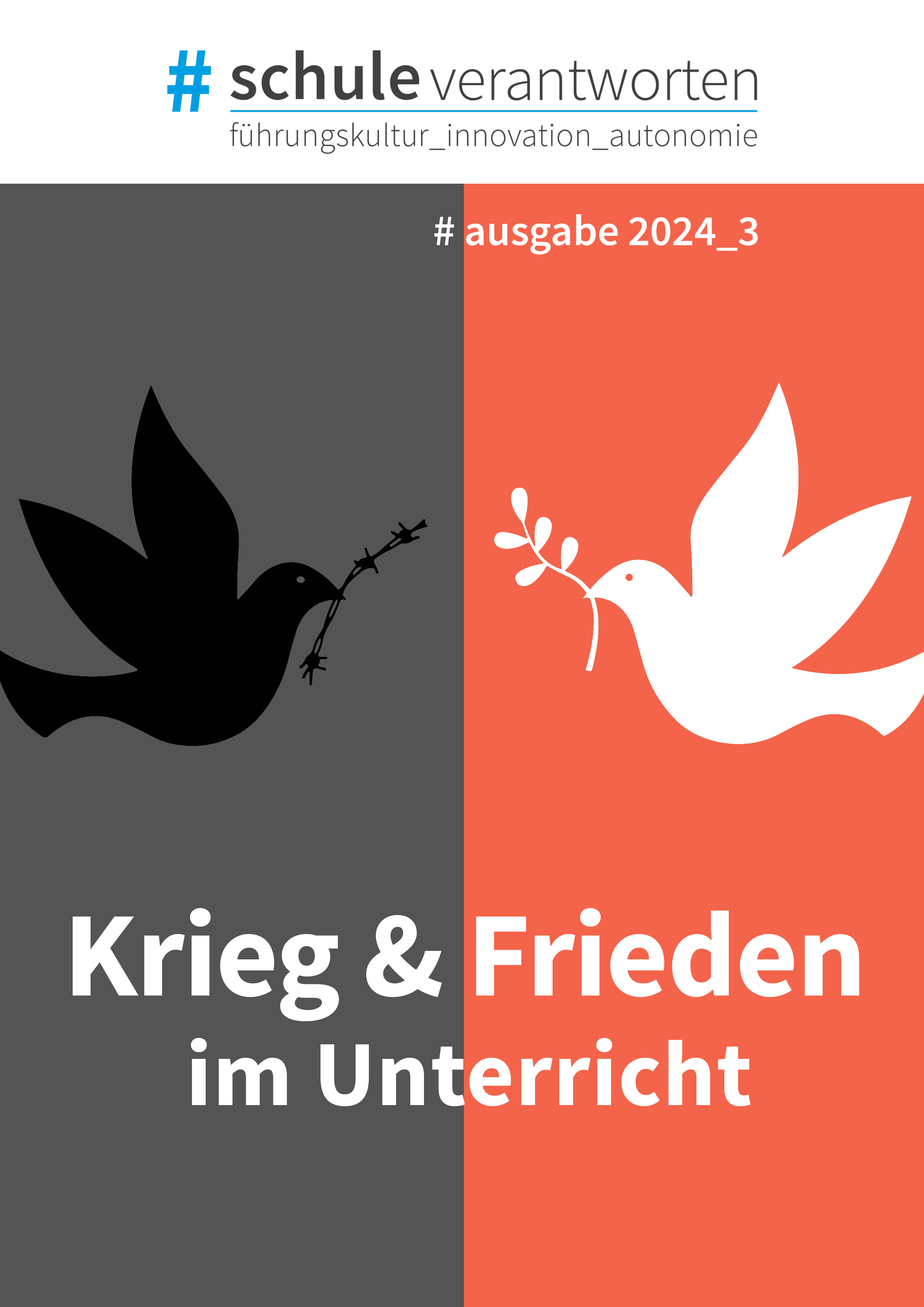Abstract
Schools must ensure that students acquire the essential skills and knowledge necessary for effective
participation in democratic and pluralistic communities characterised by cultural diversity. This includes the ability to understand, respect, and embrace differences based on race, ethnicity, religion, nationality, skin colour, language, economic status, gender, and skills. Using a narrative review, this paper seeks to investigate the importance of intercultural education in fostering social harmony and peace-building. The research suggests that in order to achieve the goals of intercultural and peace education, democratic societies must ensure that individuals from all backgrounds can fully exercise their rights and freedoms and have equal opportunities to actively and successfully participate in all activities. The ideas outlined in this study may enhance teachers' consciousness of the necessity and their ability to promote intercultural and peace education in their classrooms.

Dieses Werk steht unter der Lizenz Creative Commons Namensnennung - Nicht-kommerziell - Keine Bearbeitungen 4.0 International.
Copyright (c) 2024 #schuleverantworten

